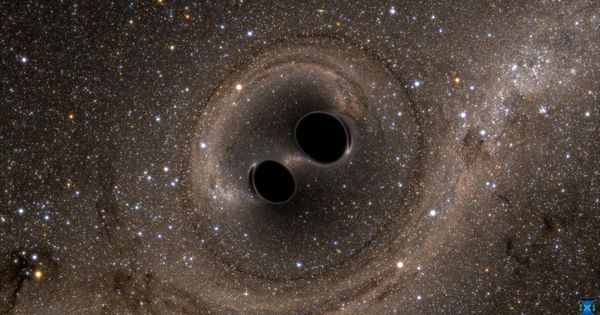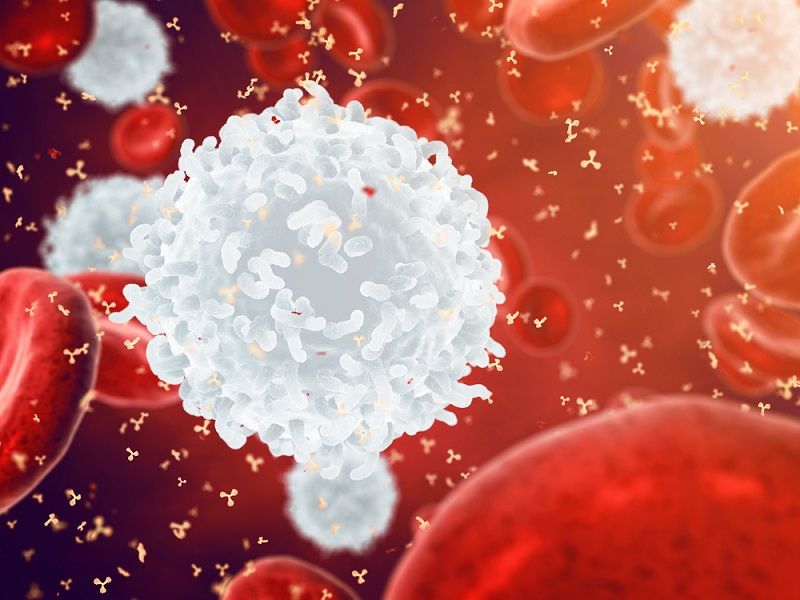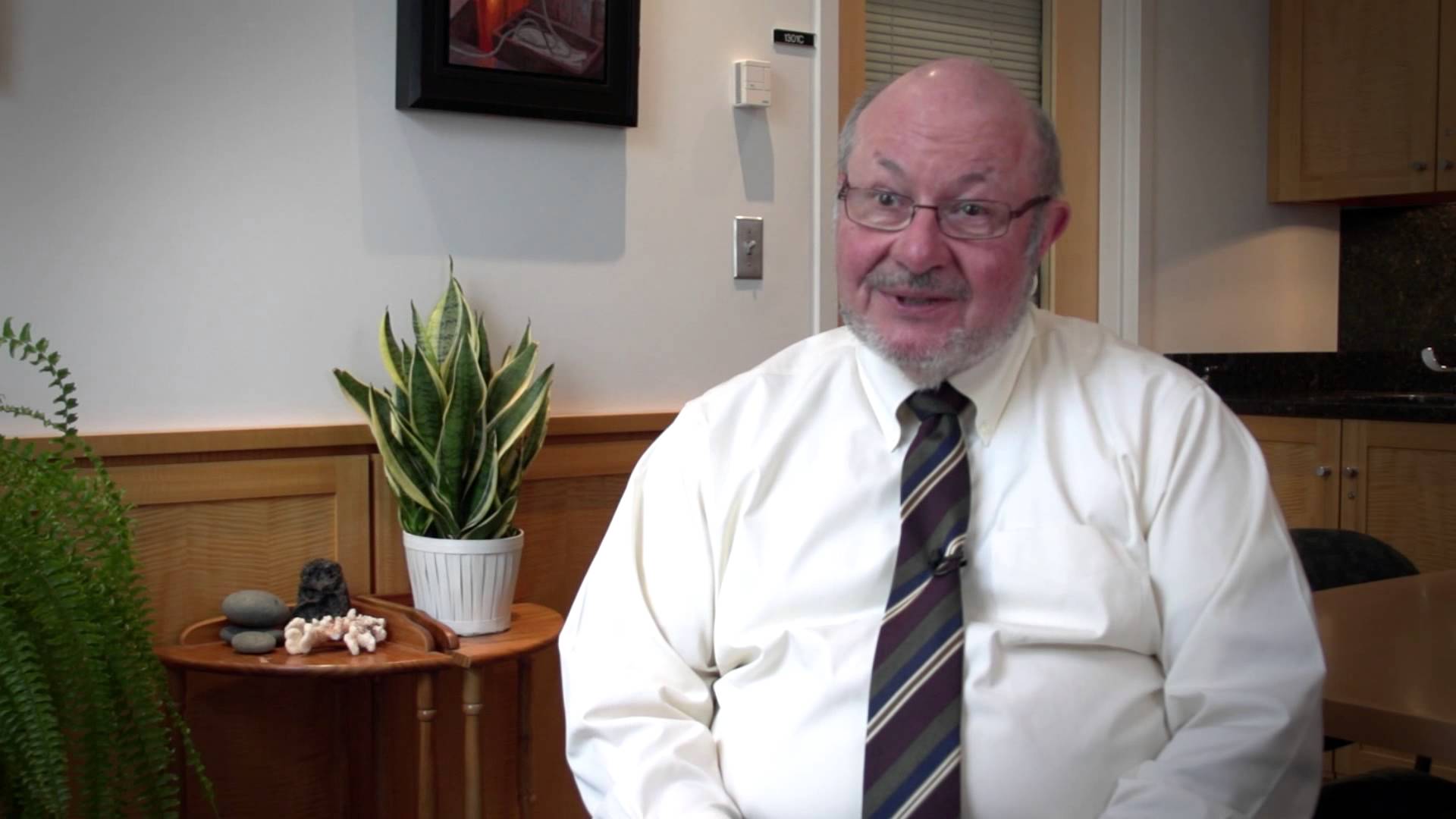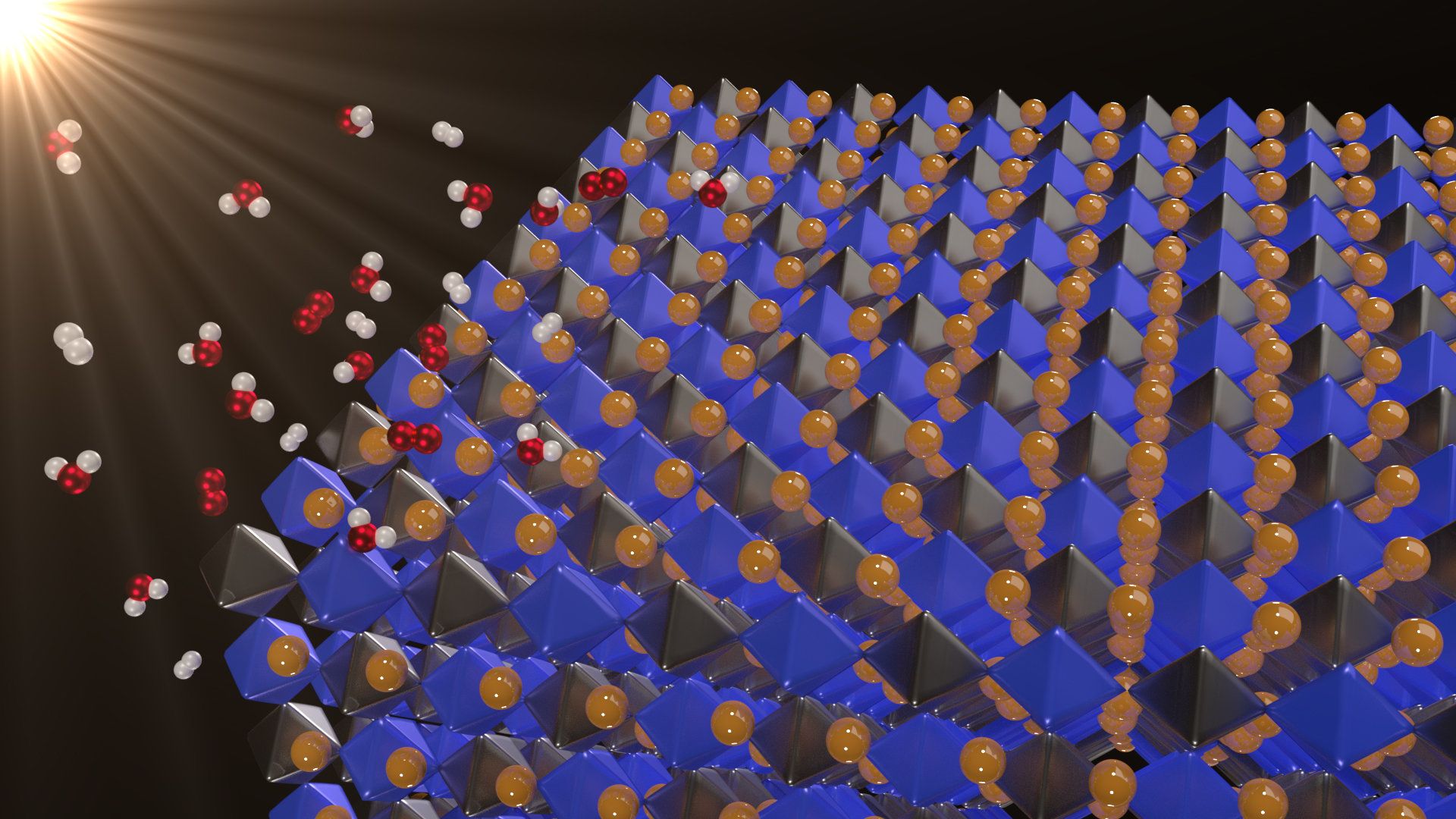Jun 18, 2018
A Neuroscientist Explains What Happens to Your Brain When You Don’t Sleep
Posted by Genevieve Klien in categories: biotech/medical, neuroscience
Sleep deprivation affects nearly all parts of your brain, but it is most detrimental to simple cognitive functions that we take for granted, such as memory and staying alert.
Ph.D. neuroscience candidate Shannon Odell says scientific research suggests that sleep deprivation majorly reduces cognitive performance. Studies have shown that patients have significantly reduced their thinking ability after just one night of sleep deprivation, specifically in the hippocampus, also known as the memory center.
Watch Your Brain on Blank on Facebook for more mind-expanding brain truths.


















